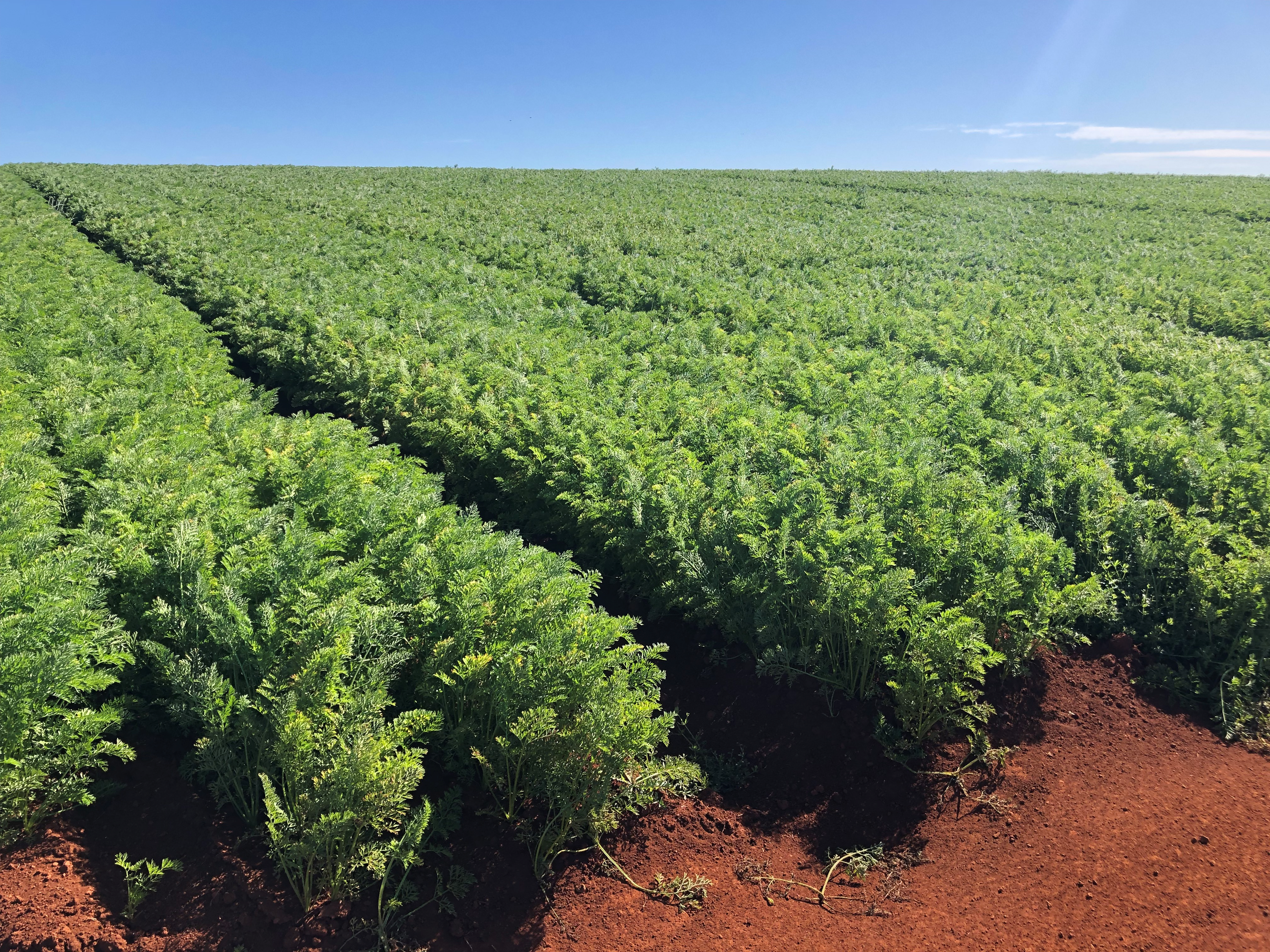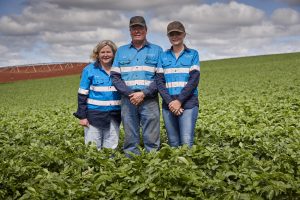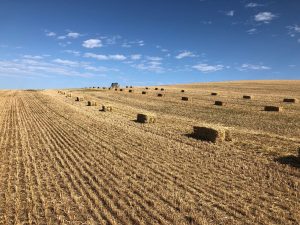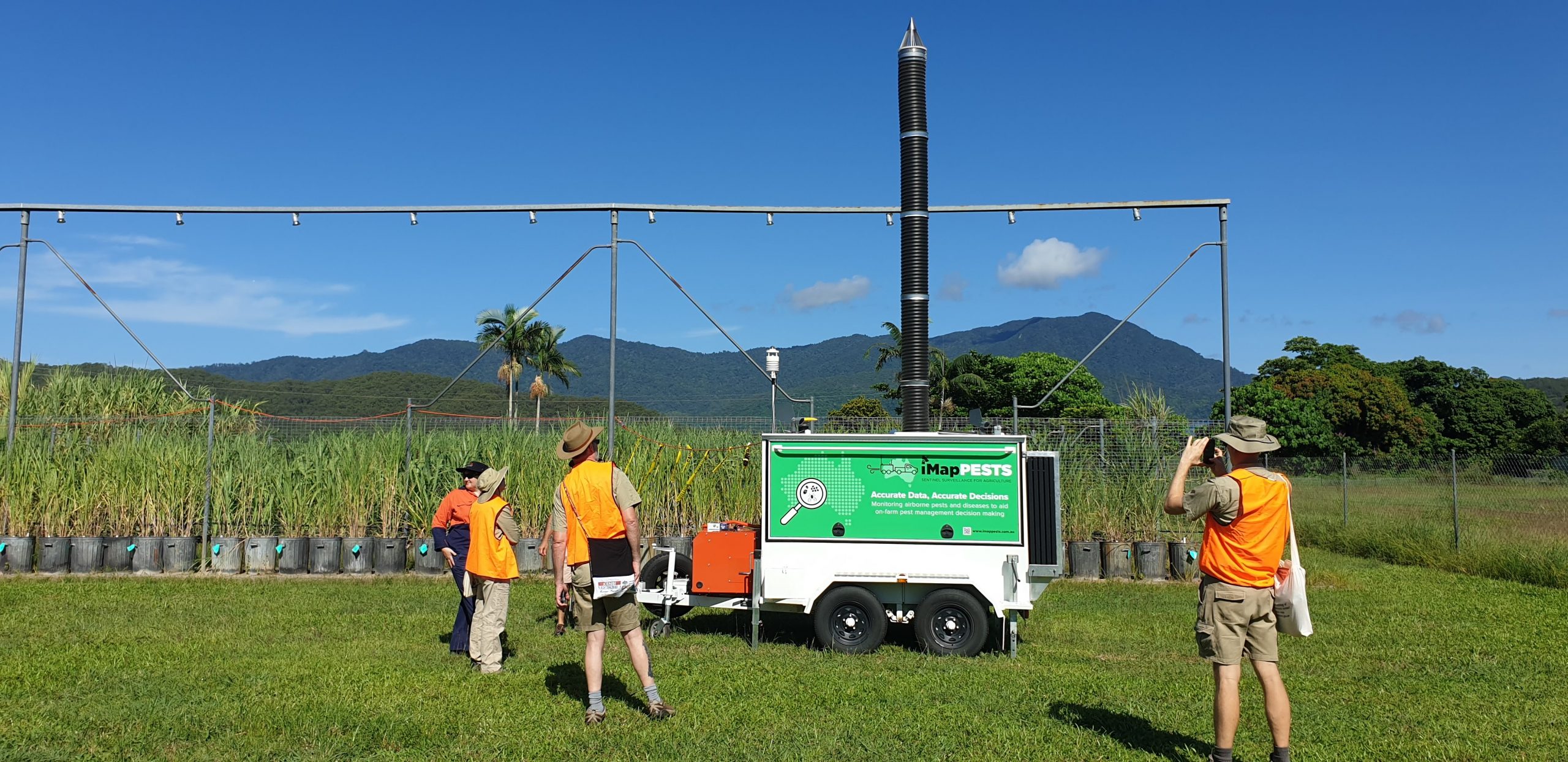
Far out, Brussels sprout: Pest surveillance goes mobile in vegetable crop
16 September 2020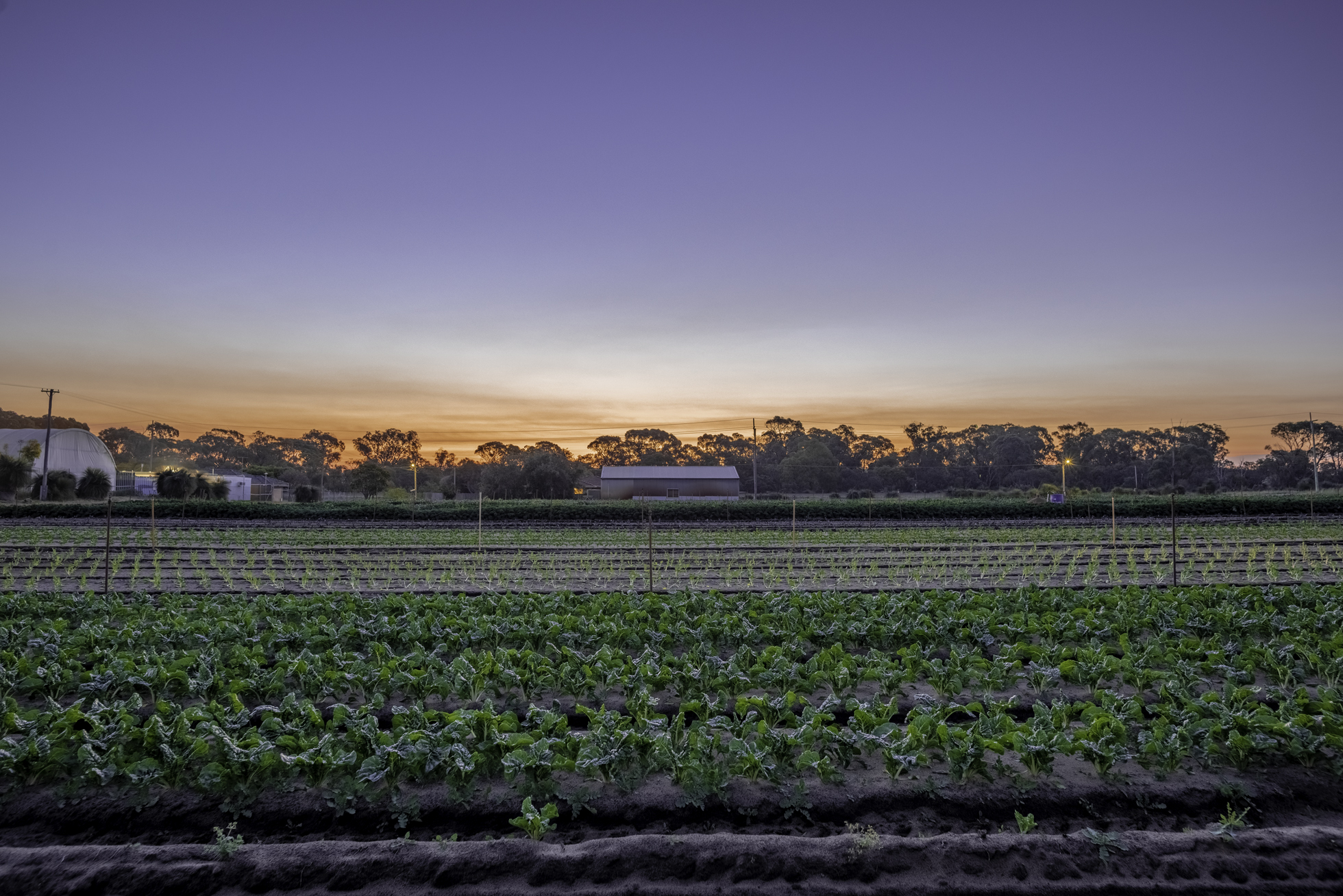
Report sheds light on profitability of WA vegetable growers
18 September 2020The EnviroVeg Program 2017-2022 is a strategic levy investment under the Hort Innovation Vegetable Fund. In this article, Program Coordinator Danielle Park speaks to Tasmanian vegetable and potato producers and EnviroVeg members, Shane and Sharni Radford, about the value in collecting evidence of good environmental practice for vegetable producing businesses.
In 2019, the EnviroVeg Program underwent a pilot phase and feedback collated from participating vegetable growers was used to drive the next stage.
Involved in this pilot were north-west Tasmanian producers Sharni and Shane Radford, who completed two of the program’s three phases. The couple grow a range of crops, including beans, broccoli, carrots, onions, and potatoes, at their Moriarty operation.
As with other vegetable producers, many of the biggest environmental risks facing the Radford’s production system have been addressed over the many years of operating on their property. Having evidence to support claims of following environmental best practice has been vital for many years.
“Even in the early days when we were supplying onions to a processor for them to export, there was a need to collect the evidence of doing the right thing,” Sharni says.
Over 20 years ago, Shane and Sharni began to tackle the challenges of supplying processing onions for export to England. The experience of assisting the processor to meet another country’s environmental requirements, and having to produce evidence of good environmental practices, taught some important lessons.
“The more proactive you are, the better prepared you are for opportunities,” Sharni says.
“There’s an element of chance if you wait and don’t get involved. If you get in first, you can help shape the program to work for you.”
This proactive approach led Shane and Sharni to volunteer to test out the revised EnviroVeg program in 2019. This program’s pilot phase has been completed, and is now open for vegetable levy-paying growers to join.
The importance of environmental credentials
Increasingly, the question of environmental sustainability is being asked by different sectors. One group asking the question and looking to better understand the practices occurring on-farm, are financial institutions such as banks.
“A program such as EnviroVeg provides documentation that I can use when I’m asked these questions by our bank,” Sharni says.
The value of collecting and keeping evidence of good environmental practices over time has also been identified by Sharni.
“Our work 20 years ago with Nature’s Choice has now become part of our records, and the information from that program is still useful. It has become a resource for our business,” she says.
“Our daughter Caitlin has now joined the business and succession planning has commenced.
“The information and records collected can support both succession planning and new entrants to the business. We have records of practices and farm infrastructure for many years, which has value for our business. It’s part of the property value.”
Undertaking the new-look program
The first phase of the new EnviroVeg Program is an online self-assessment. This involves identifying the current practices occurring on vegetable farms from 10 distinct aspects of farm operation, including soil management, irrigation, energy use and biosecurity.
A business report is produced once the self-assessment has been completed. This report highlights the business’ strengths, or where it has already addressed an environmental risk. It also identifies risks within certain areas or any further investigation that might be needed.
The second phase of the program is EnviroVeg training, where the results of the self-assessment are highlighted.
Sharni attended this training with other EnviroVeg members in Tasmania who were helping to pilot the revised program. There were benefits in reviewing the identified on-farm environmental risks and discussing the short- and long-term practical actions.
This discussion – with other local producers or with key decision makers in the business – has been identified as being very valuable.
Improvement the key
The EnviroVeg Program aims to support and improve environmental management on-farm. It is willing to assist vegetable producers who are looking to improve their long-term environmental sustainability.
When completing their first EnviroVeg self-assessment, many aspects of Shane and Sharni’s vegetable production business was already achieving best management practice for environmental sustainability.
Two areas scored a little lower and were flagged as needing further investigation – energy and biosecurity.
One of the steps to improving energy management is to firstly become aware of the energy requirements of different machinery.
In response to their lower score in this area, Shane and Sharni have increased their vigilance in ensuring equipment is maintained and serviced to remain optimal efficiency.
In addition, Shane and Sharni have recognised the need to develop an on-farm biosecurity plan. They now have biosecurity signage, but more work is required.
“We’re now looking to further develop our biosecurity plan. Having policies around site-access is something we’re considering,” Sharni says.
From their EnviroVeg training, Shane and Sharni have been able to review the risks identified. They have since completed a re-assessment, which has resulted in a new farm report and a better result on the benchmark.
What is the EnviroVeg Program?
The EnviroVeg Program was established to improve the longevity of vegetable growing regions; benchmark industry data; and develop industry recognition for environmentally responsible, sustainable production methods.
EnviroVeg is industry-led and promotes best management techniques by providing resources, support, engagement, and a pathway to recognition for vegetable producers.
There are three main objectives to EnviroVeg:
- To support and improve environmental management on-farm.
- To facilitate program recognition of and competitive advantage from EnviroVeg branding.
- Track industry progress regarding sustainable farming practices.
The EnviroVeg program is underpinned by an ‘Environmental Best Management Practice’ resource. The resource contains up to date information on achieving environmentally sustainable vegetable production.
For vegetable growers looking to assess their current practices on-farm, the EnviroVeg program is one way of identifying opportunities for improvement, as well as benchmarking against others in the industry.
Find out more
Please visit the EnviroVeg website.
For help with accessing the EnviroVeg self-assessment, please contact AUSVEG EnviroVeg Coordinator Danielle Park on 0432 324 822 or at danielle.park@ausveg.com.au.
This project has been funded by Hort Innovation using the vegetable research and development levy and contributions from the Australian Government.
Project Number: VG16063
Cover image: The Radfords grow a number of vegetable crops, including carrots. Image courtesy of Sharni Radford.
This article features in the spring 2020 edition of Vegetables Australia. Click here to read the full publication.

